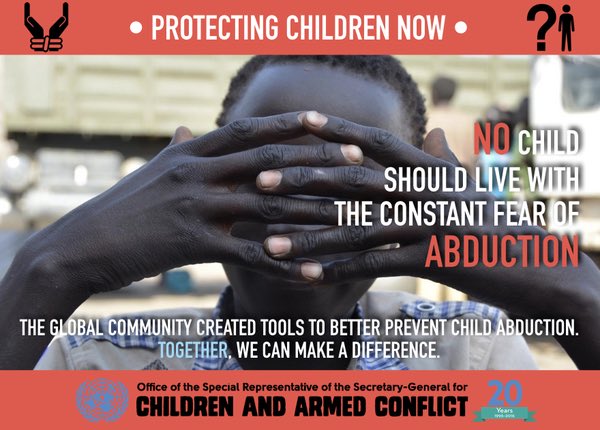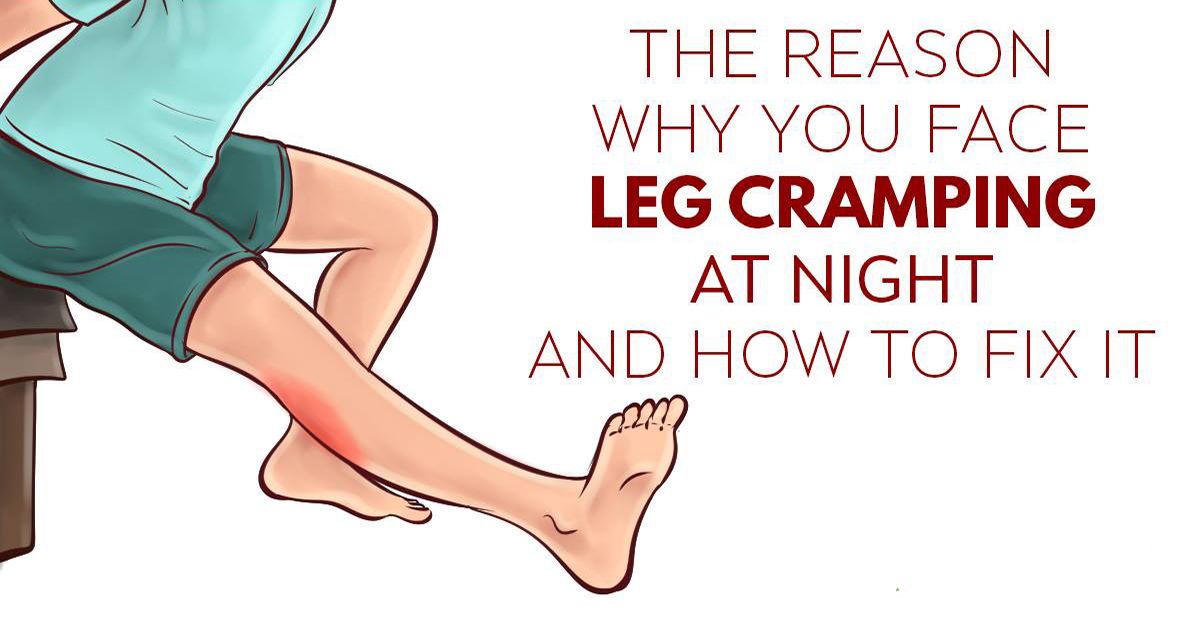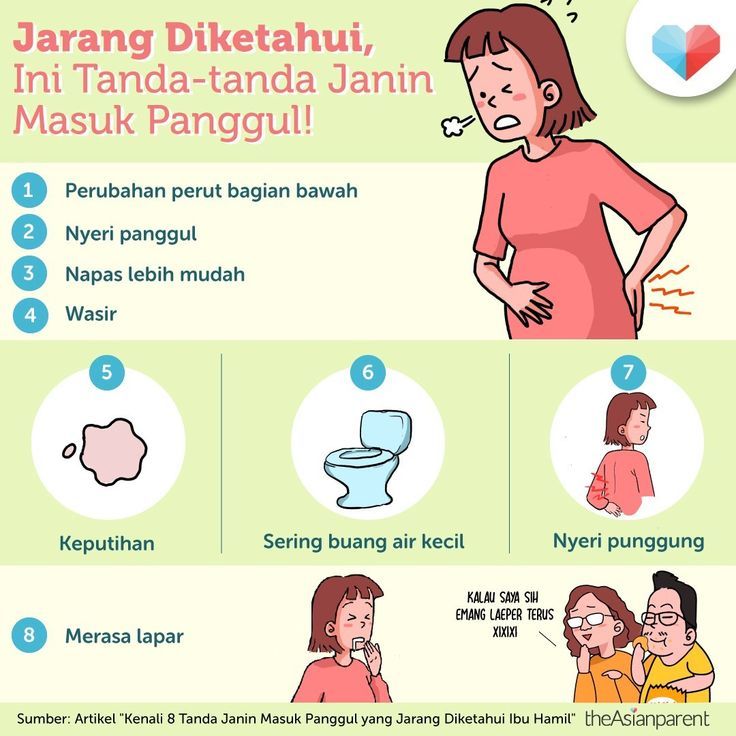How to protect your child from abduction
How to protect kids from kidnappers, predators, sex traffickers
(KSLA) - We live in a world where the amount of people who prey on young children seem to be growing. That includes child abductors, predators and human traffickers.
We could ignore what’s happening around us, and often times in our own backyard, but that would be careless and put our children in danger.
As parents and guardians we should also rethink the term ‘stranger danger’ especially when most kids are taken by a family member or an acquaintance.
Avoiding strangers will not help if the abductor is a family member, neighbor, or family acquaintance", according to Kid Smartz.
Here are a few tips:
- Don’t say: Never talk to strangers. Say: You should not approach just anyone. If you need help, look for a uniformed police officer a parent with children.
- Don’t say: Stay away from people you don’t know. Say: It’s important for you to get my permission before going anywhere with anyone.
- Don’t say: You can tell someone is bad just by looking at them. Say: Pay attention to what people do. Tell me right away if anyone asks you to keep a secret, makes you feel uncomfortable, or tries to get you to go with them.
- In addition, use role-playing scenarios to help your children practice their abduction prevention skills.
According to the National Center for Missing and Exploited Children:
- Nearly 800,000 children are reported missing each year, that’s more than 2,000 a day.
- More than 200,000 children are kidnapped each year by family members.
- More than 58,000 are abducted by non-family members.
- Many others are runaways or pushed out of the home by parents.
- 1 in 6 runaways will likely become a victim to human trafficking
- In Northwest Louisiana, at least one child, age 13-14, is rescued from human trafficking every month.
In our latest KSLA Cafe’Conversation, Chris Cantrell, Supervisory Senior Resident Agent with the Federal Bureau of Investigation in Shreveport, joins Adria Goins and Domonique Benn to talk about keeping your child safe.
Cantrell brought up some important tips every parent or guardian should know:
1. Most child abductions are by known people
Most parents may remember the term ‘stranger danger', however, abductions by strangers only account for about 100 cases per year. “It’s more family, if you take the parental abductions out, then it’s going to be acquaintances, neighbors, friends of the family — that’s the larger number of those that are abducted.”
(Pixabay)2. Parents MUST monitor their child’s internet time, downloaded apps on mobile devices
The most common age group of abducted children are girls and young women between the ages of 12 and 17. However, that doesn’t just include girls. “In that age group, 12 to 17, it could be an abduction but it also could be trafficking. That’s a crucial age. What happens with social media and the apps is that it becomes a perfect opportunity to become grooming.”
(Pixabay)3. Staying aware of surroundings
As children grow into teens and young adults - parents need to instill situational awareness.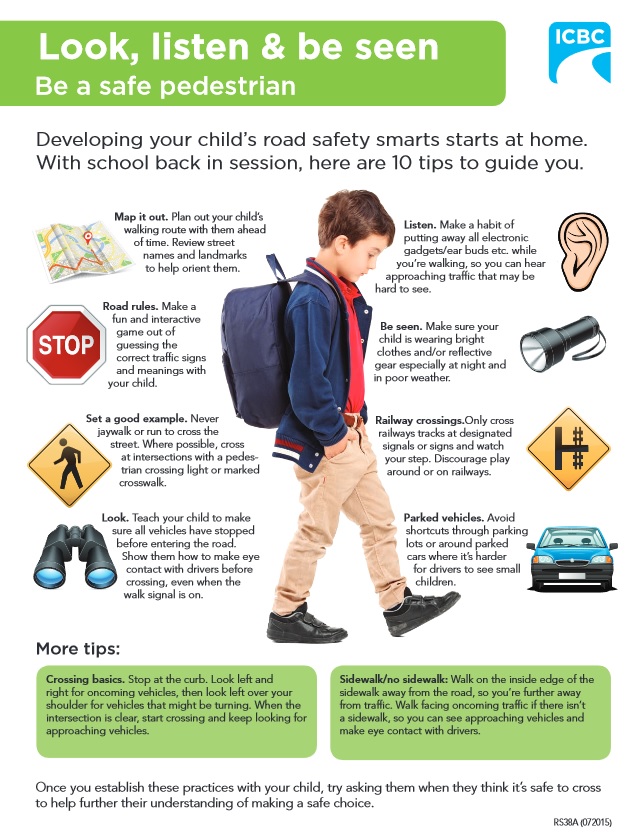 Reminders of not getting into strangers’ cars are common, but also being aware of what’s going on around them is crucial. “I pass a couple of bus stops on my way to work and I see tweens and teenagers and they’ve got headphones on and they’re on the phone — there’s zero situational awareness and attention.”
Reminders of not getting into strangers’ cars are common, but also being aware of what’s going on around them is crucial. “I pass a couple of bus stops on my way to work and I see tweens and teenagers and they’ve got headphones on and they’re on the phone — there’s zero situational awareness and attention.”
4. Limit personal information on social media, public
Parents can do their part in protecting their children in small ways — such as limiting simple information. “You see the van or the truck and it’s got the stick figures with ‘mom, dad, Jack, Jill’ and all the siblings, and you follow them to the park and they say ‘Hey, your mom Jill said’ 'cause they learned all that information from your car, sa ‘you can come with me, your dad Jack, we’re going to link up with them later,’ they can learn that from the back of your car,” Cantrell said. Telling your children not to post their location or where they live on social media will also protect them.
(Pixabay)5. Teaching children to fight back
Teaching children to fight back
Always tell children that if they are grabbed by someone and in danger, they need to fight back. “Fight, scream, make a scene,” Cantrell said when asked. "They may threaten them, say they’ll hurt their dad whatever maybe — It’s going to happen. You need to fight, make a scene, lay down do the proverbial dying cockroach. If you’re on a bike, grab the bike! Sometimes you see the scenarios where the child goes — but make it hard.
When family members abduct:
According to NCMEC, “family abductions happen when relatives break legal custody agreements by keeping kids from their legal guardians.” An abduction may be more likely to occur if a parent has:
- Threatened to abduct or previously abducted the child
- No strong ties to the child's home state, but ties to friends and family living in another state/country
- A history of marital issues
- A history of domestic violence or child abuse
- Is engaged in planning activities such as quitting a job, selling a home, closing accounts, hiding or destroying documents, purchasing travel tickets for your child, altering their appearance, or applying for renewed or duplicate documents for the child such as; new passports or visas, birth certificates, school or medical records
There are several resources available for parents when it comes to your child’s safety:
- Report child trafficking to the National Center for Missing and Exploited Children to the cybertip line here
- If you think you have seen a missing child, contact the National Center for Missing & Exploited Children 24-hours a day, 7 days a week at 1-800-THE-LOST
- National Human Trafficking Hotline is available 24 hours, 7 days a week.
 SMS: 233733 (Text “HELP” or “INFO”) or call 1-888-373-7888
SMS: 233733 (Text “HELP” or “INFO”) or call 1-888-373-7888 - Tips for preventing child abductions here
- Keep a virtual eye on your kids, even when you’re far away. 10 best GPS trackers for kids here
You can catch up on all of our KSLA Cafè conversations on our KSLA News 12 Facebook page as well as ksla.com under the community tab.
Be sure to set your KSLA Facebook notifications so that you’ll be notified as soon as we post our next KSLA Cafè Conversation.
Copyright 2019 KSLA. All rights reserved.
Preventing Abductions (for Parents) - Nemours KidsHealth
Reviewed by: Steven Dowshen, MD
en español Cómo evitar secuestros
News about a kidnapped child or teen can worry parents everywhere. But it's important to remember that most kids pass through childhood safely.
The Reality of Child Abductions
Here are some of the realities of child abduction:
- Most kids who are reported missing have run away or there has been a misunderstanding with their parents about where they were supposed to be.
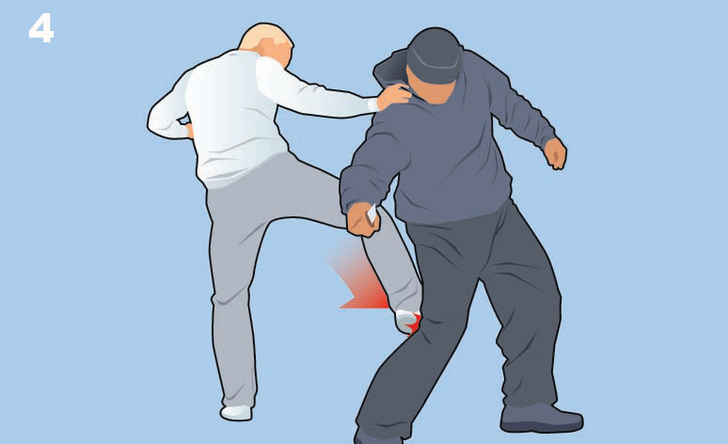
- Of the kids and teens who are truly abducted, most are taken by a family member or an acquaintance; 25% of kids are taken by strangers.
- Almost all kids kidnapped by strangers are taken by men, and about two thirds of stranger abductions involve female children.
- Most abducted kids are in their teens.
- Kids are rarely abducted from school grounds.
Ways to Prevent Abductions
About 2,100 missing-children reports are filed each day in the U.S. Many cases can be solved more easily when parents can provide key information about their kids, like: height, weight, eye color, and a clear recent photo.
It's also wise to:
- Make sure custody documents are in order.
- Have ID-like photos taken of your kids every 6 months and have them fingerprinted. Many local police departments sponsor fingerprinting programs.
- Keep your kids' medical and dental records up to date.
- Make online safety a priority.
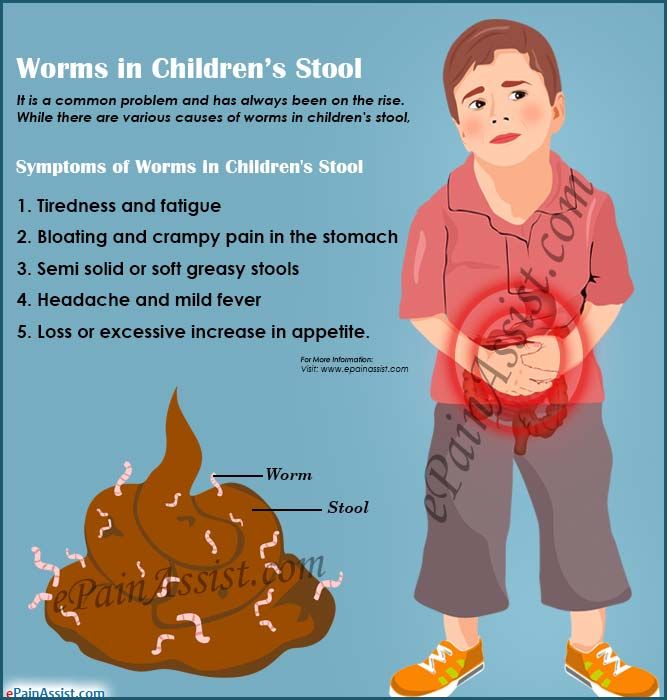 The Internet is a great tool, but it's also a place for predators to stalk kids. Be aware of your kids' Internet activities and chat room "friends," and remind them never to give out personal information. Avoid posting identifying information or photos of your kids online.
The Internet is a great tool, but it's also a place for predators to stalk kids. Be aware of your kids' Internet activities and chat room "friends," and remind them never to give out personal information. Avoid posting identifying information or photos of your kids online. - Set boundaries about the places your kids go. Supervise them in places like malls, movie theaters, parks, public bathrooms, or while fundraising door to door.
- Never leave kids alone in a car or stroller, even for a minute.
- Choose caregivers — babysitters, childcare providers, and nannies — carefully and check their references. If you've arranged for someone to pick up your kids from school or daycare, discuss the arrangements beforehand with your kids and with the school or childcare center.
- Avoid dressing your kids in clothing with their names on it — children tend to trust adults who know their names.
Talking to Kids About Strangers
One of the challenges of being a parent is teaching your kids to be cautious without filling them with fear or anxiety. Talk to your kids often about safety, and give them the basics on how to avoid and escape potentially dangerous situations.
Talk to your kids often about safety, and give them the basics on how to avoid and escape potentially dangerous situations.
Teach them to:
- Never accept candy or gifts from a stranger.
- Never go anywhere with a stranger, even if it sounds like fun. Predators can lure kids with questions like "Can you help me find my lost puppy?" or "Do you want to see some cute kittens in my car?" Remind your kids that adults they don't know should never ask them to help or to do things for them.
- Run away and scream if someone follows them or tries to force them into a car.
- Say no to anyone who tries to make them do something you've said is wrong or touch them in a way that makes them feel uncomfortable.
- Always tell you or another trusted adult if a stranger asks personal questions, exposes himself or herself, or otherwise makes them feel uneasy. Reassure kids that it's OK to tell you even if the person made them promise not to or threatened them in some way.

- Always ask permission from a parent to leave the house, yard, or play area or to go into someone's home.
Keep these other tips in mind:
- Make sure younger kids know their names, address, phone number including area code, and who to call in case of an emergency. Review how to use 911 or a local emergency number. Discuss what to do if they get lost in a public place or store — most places have emergency procedures for handling lost kids. Remind them that they should never go to the parking lot to look for you. Instruct kids to ask a cashier for help or stand near the registers or front of the building away from the doors.
- Point out the homes of friends around the neighborhood where your kids can go in case of trouble.
- Be sure your kids know whose cars they may ride in and whose they may not. Teach them to move away from any car that pulls up beside them and is driven by a stranger, even if that person looks lost or confused. Develop code words for caregivers other than mom or dad, and remind your kids never to tell anyone the code word.
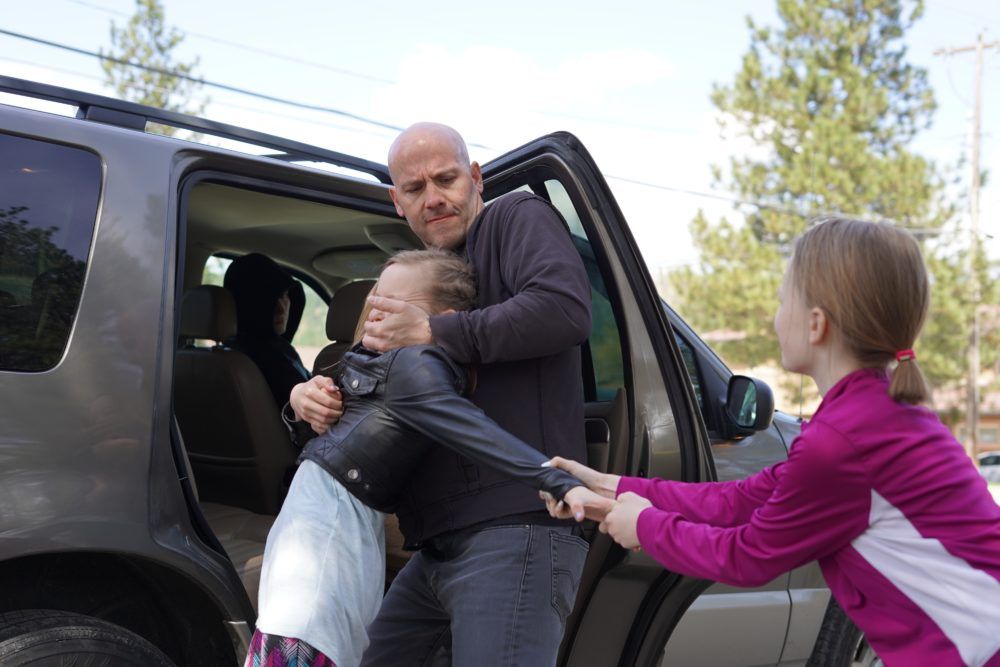 Teach them not to ride with anyone they don't know or with anyone who doesn't know the code word.
Teach them not to ride with anyone they don't know or with anyone who doesn't know the code word. - If your kids are old enough to stay home alone, make sure they keep the door locked and never tell anyone who knocks or calls they are home alone.
If Your Child Is Abducted
The first few hours are the most critical in missing-child cases. So it's important to contact your local police and give them information about your child right away.
They'll ask you for a recent picture of your child, what your child was wearing, and details about when and where you last saw your child.
You can ask that your child's case be entered into the National Crime and Information Center (NCIC). Other clearinghouses such as the National Center for Missing and Exploited Children ([800] 843-5678) can offer information and support during your search.
After notifying the authorities, try to stay calm. You'll be able to remember details about your child's disappearance more easily if you do.
Reviewed by: Steven Dowshen, MD
Date reviewed: May 2018
How to protect a child from abduction
Many people sometimes do not even attach importance to the most standard security rules. The feeling of preservation arises suddenly when there is an immediate danger or concern for the children. For example, a restless mother did not get through to her child after cola, although his phone simply ran out of power. Terrible thoughts immediately arise in my head - about the kidnapping of a child. There are several ways to protect your child.
How children are kidnapped
Experts who work with serious crimes are of the opinion that it is imperative to identify unfamiliar individuals who speak to parents. And, thus, to prevent accidents that are associated with abduction.
In most cases, the abduction can be committed by a person familiar even to the child, who can easily find contact with the baby. Often, small household members have difficulties with the definition of "alien" and "own" person.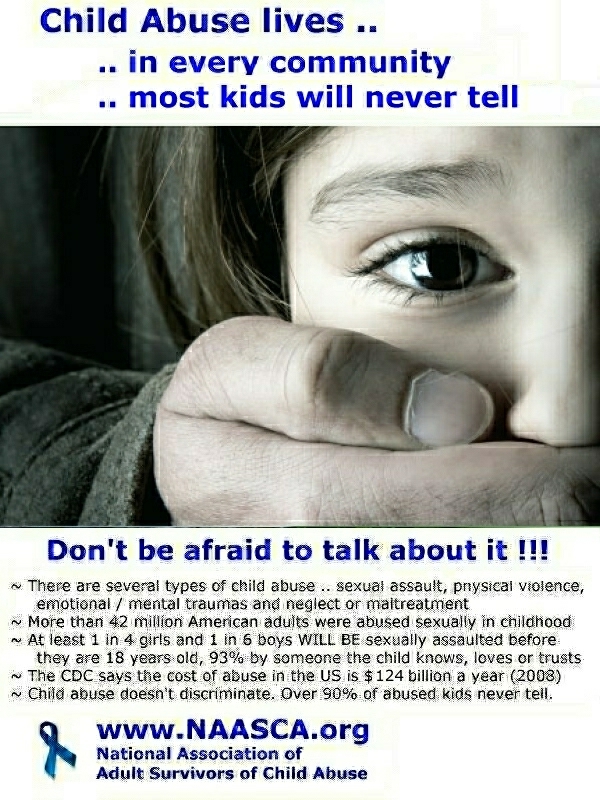 nine0003
nine0003
For example, if the family has a friendly neighbor who visits from time to time. Mom treats, talks to him, and the child easily takes him for his own. Frequent crossing on the landing, greetings - this creates a sense of security.
Behind open external friendliness, completely different intentions can be hidden. Therefore, parents should be more attentive to the new person and teach children the precautions.
Among small residents, there is often an erroneous opinion about which person definitely does not pose a danger. It is very important for children that a person smells good, his clothes are neat, so that he behaves openly and friendly. For many babies, the image of a woman is the most trustworthy, as they often smile and resemble their mother. Such an opinion, alas, can lead to dangerous consequences. nine0003
How to protect your child
Parents are primarily responsible for the upbringing and education of children. The elders will help the kids to understand who can be taken as their own, and who as a “stranger”. There are several tips to follow:
There are several tips to follow:
-
convey to the child the idea that abductors can be women, youth, friendly adults and even other children who are involved in the crime of kidnapping;
nine0024
-
children can be invited to a non-existent casting in some magazine or competition, this is also extremely dangerous - if this place is far from public territory, most likely, these are intruders;
-
with a child, you can come up with a special “code” word that will mean that you can talk to him. Without it, you can’t talk to anyone, drive or go somewhere; nine0003
-
always try to maintain a trusting relationship with the child so that he can tell you something and share what he is going through. This is useful because some children are afraid to tell something because they think that punishment will follow;
-
Explain to your child that sometimes you can break small rules if he is in a dangerous situation - break a window, knock over a shelf to attract the attention of strangers.
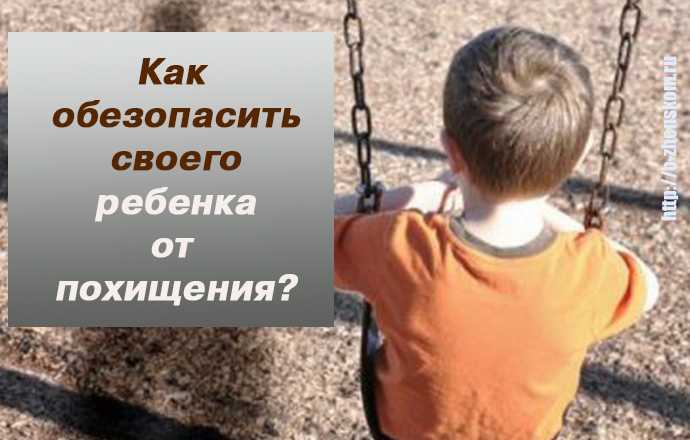 nine0003
nine0003
It is important to convey these simple rules to the child and in no case allow something to happen to him. If something happens, you can use the "emergency call" service and emergency personnel will quickly arrive at the scene.
How to protect a child from kidnapping
For several days the whole country followed the search for three-year-old Vika, who was kidnapped from a kindergarten in Tomsk. Her body, wrapped in a blanket, was found the day before in a collapsed cellar behind the garages, where search groups had already passed before. As reported to the portal Sibkrai.ru law enforcement sources, the girl was strangled.
Another story did not have a tragedy. We are talking about the abduction of four-year-old Pavel in the Novosibirsk region. A boy who was playing near his house in Kochenevo was taken away by a drunk 27-year-old prostitute. As she herself stated in a conversation with law enforcement officers, she wanted to take the child for herself to raise, she does not have her own children.
“In connection with the increased incidence of incidents and crimes against children, parents, educators of specialized children's institutions and educational organizations require maximum attention and control over children in order to prevent crimes and incidents involving them from being committed against them,” says in the message of the Novosibirsk Department of the Investigative Committee. nine0003
Few people know that a few days before the story of Vika and Pavel, a child was kidnapped in Novosibirsk. A man stole a seven-year-old boy on Novogodnaya Street, on the border of the Leninsky and Kirovsky districts of the metropolis.
“We had just received an orientation, we got ready, the order for leaflets was given to the printing house, and we were told that they had already been detained in the metro,” said Oksana Kurskikh, coordinator of the Novosibirsk organization DobroSpas. She pointed out that the kidnapper was apparently a sick person and just wanted to be with the child.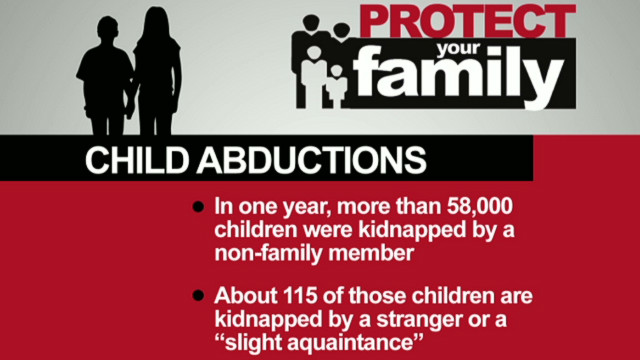 In particular, the operatives have a video from outdoor surveillance cameras of how he took the boy to eat at Plantain. As a result, the kidnapped was returned to the parents safe and sound. nine0003
In particular, the operatives have a video from outdoor surveillance cameras of how he took the boy to eat at Plantain. As a result, the kidnapped was returned to the parents safe and sound. nine0003
“Spring and autumn are our “season,” Kurskikh noted, referring to exacerbations in mentally ill people. “If a person is mentally ill, he can kidnap a child without malicious intent. As, for example, in Kochenev. She has no children, and she took the boy, she took someone else to raise him.
The DobroSpas coordinator, at the same time, notes that parents themselves are often to blame for the troubles a child gets into. “We monitor wallets better,” Oksana noted emotionally. That is why the organization, which is engaged in the search for missing people, has developed a set of rules and several instructions, the implementation of which will help protect the child from abduction or disappearance, and if this happens, organize his search effectively and quickly. nine0003
“Summer is coming to an end, and our children are returning from their grandparents, the city is filled with cheerful bows on the heads of girls and mischievous eyes of boys who have not yet departed from the free country life. All of them will soon have to go to kindergarten, school, and every parent wants to be sure that nothing will happen to his child. Unfortunately, no one and nothing can protect our children except you and me and ourselves,” the authors of instruction “How to protect a child from abduction” noted in the introduction .
All of them will soon have to go to kindergarten, school, and every parent wants to be sure that nothing will happen to his child. Unfortunately, no one and nothing can protect our children except you and me and ourselves,” the authors of instruction “How to protect a child from abduction” noted in the introduction .
1. The kidnapper (or pedophile) does not drag the child away by force, usually the children leave with him. Often kidnappers are excellent psychologists, finely versed in the child's psyche and behavior.
2. Phones, electronic bracelets will not protect a child from kidnapping, but will help to catch a criminal.
3. A child must clearly understand that an adult aunt or uncle cannot require anything from a child, nothing ever. And if they ask for something, want to take it somewhere, then they are definitely kidnappers. We will not give examples here, but the child must clearly learn one thing, even if the whole world collapses, but under no circumstances should you go away with strangers, not under any pretext - look at kittens, candy, mom became ill, you need help and the like.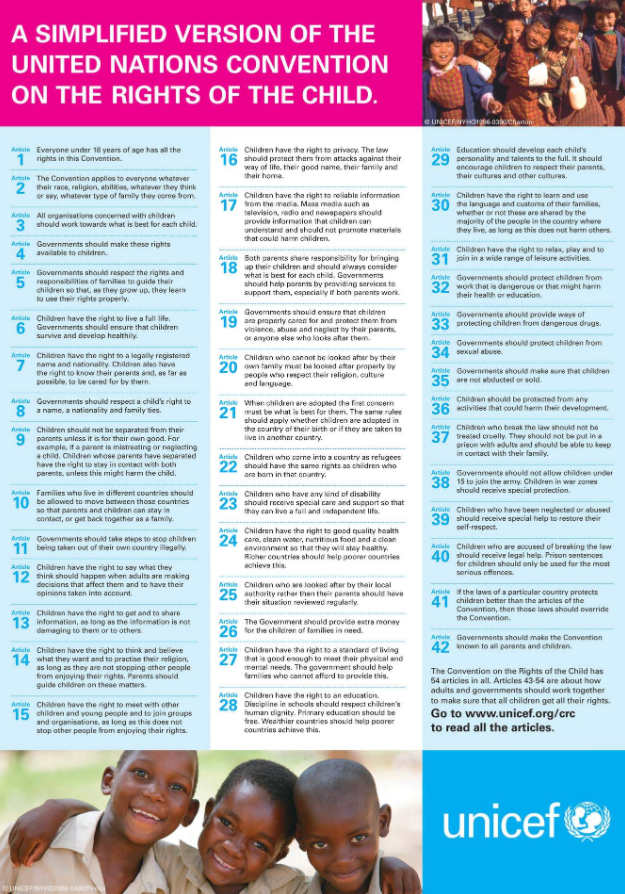 nine0003
nine0003
4. At any attempt to talk about something with the child, he should turn around and run to where there are people, while calling for help. The child himself can turn to adults if he is lost or he urgently needs their help. You need to contact women with children, cashiers in stores, people in uniform.
5. Explain to the child that the kidnappers do not look like scary monsters, they are ordinary people, no different from others.
6. If someone tries to grab you, you need to scream, bite, hit in the eye, kick between the legs, scratch and pull. Kidnappers don't like noise and will most likely leave the child alone. The child should immediately tell you about what happened. nine0003
7. Do not write the name of the child on the backpacks, things, kidnappers can take advantage of this: children tend to trust the one who calls them by name.
8. The simplest rules that your children should learn: do not play in unfamiliar places, construction sites, wastelands, it is better to always be in the company of friends; you need to teach the child to hide the fact that he is at home alone - both in a conversation with strangers on the phone and through the door.